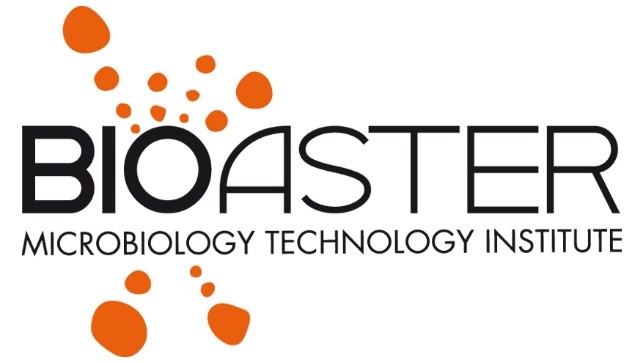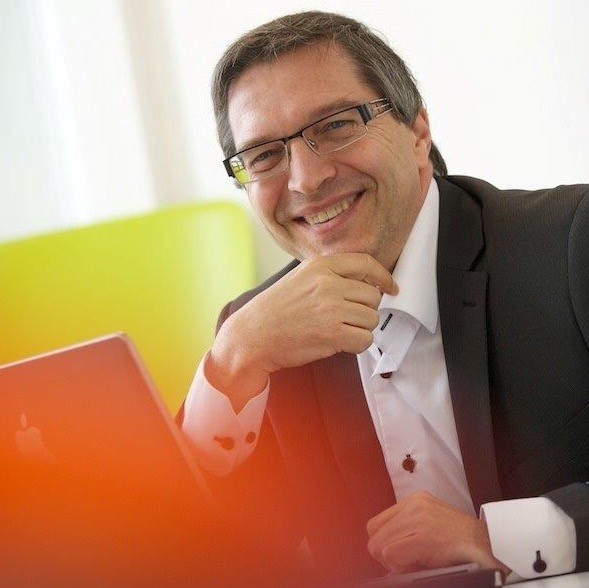Meet the Ambassador..
Guest blog by Ambassador Gilles Courtemanche
Antimicrobial resistance is not only the fear that some antibiotics will not work anymore in 30 years on some bacteria found in places where the vast majority of people are not going and probably will never go during their whole life (war zones, urban slums, remote rural areas of poor countries …). Antimicrobial resistance challenges the effectiveness of good treatments on which we are used to rely on to fight infections that are considered benign today but were deadly few decades ago. In addition, antimicrobial resistance is currently undermining the foundations of modern medicine, including surgery in hospitals in our cities. Thus, routine procedures as appendectomy, episiotomy or removal of the tonsils, present again a risk for the patient.
Antimicrobial resistance comes from a natural phenomenon whereby germs that cause infectious diseases adapt and evolve over time, which means they can develop the ability to defeat drugs designed to kill them. Everyone can be exposed to resistant bacteria, regardless of our personal use of antibiotics. It is therefore a universal threat that can affect, from now on, our family, our friends or us. The overuse or misuse of antibiotics in humans and animals has only accelerated this process.
Antibiotic resistance is one of the big problems of our generation, but we can still make a difference if we act now and together. WHO have drawn up a comprehensive action plan that is supported by United Nations. This plan is being rolled out at the national level in all countries of the world, and this will allow industrial players to continue their efforts or to initiate new ones. This plan is divided into 5 points:
- to improve awareness and understanding of antimicrobial resistance;
- to strengthen knowledge through surveillance and research;
- to reduce the incidence of infection;
- to optimize the use of antimicrobial agents; and
- to develop the economic case for sustainable investment that takes account of the needs of all countries, and increase investment in new medicines, diagnostic tools, vaccines and other interventions.
BIOASTER, the technology research institute, dedicated to infectious diseases and microbiology, is part of the French government’s response to this challenge. The mission of the Institute is to develop innovative technologies that allow our industrial partners to discover and develop faster, better therapeutic solutions, at a lower cost. For this, BIOASTER operates in three complementary domains of application, Drug, Vaccine and Diagnostics but also in more alternative approaches such as microbiota, phage-therapy, host-oriented treatments, botanical drugs or traditional medicines… This multidisciplinary approach allows us to identify synergies, complementarities and opportunities to more effectively address unmet medical needs by means of truly innovative solutions developed during collaborative projects sharing scientific, technical and financial risks.
As an example, in the field of antimicrobials, BIOASTER develops, for the short term, technologies to save our current therapeutic arsenal (search for combinations, optimization of therapeutic regimens), and in the long term develops technologies to identify or characterize new targets or antimicrobials with innovative mechanism of action. In order to have a holistic approach in each of these strategies, host-pathogen-drug interactions are taken into account with, for example, the exploration or exploitation of the immune response, or the mobilization of the host microbiota as an integral part of the final therapeutic solution. Finally, as we are convinced that “traditional” antimicrobials cannot solve the problem of antibiotic resistance alone, BIOASTER supports pioneering organizations that develop alternative approaches.




